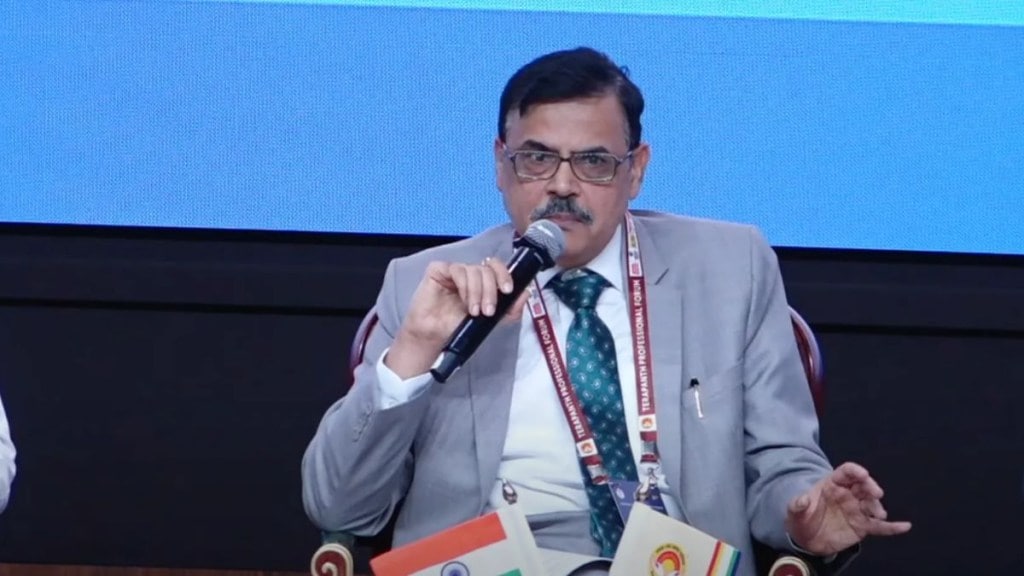The National Financial Reporting Authority (NFRA) chairman Nitin Gupta on Tuesday urged Corporate India to work on a new reporting template for the audit committees as the amount of information shared by them currently is not sufficient for the investors to understand the risks.
The Companies Act, 2013 and SEBI (Listing Obligations and Disclosure Requirements) Regulations have cast a number of critical responsibilities on the audit committees to protect investors, creditors and the public at large. However, there is hardly any information available to the public on whether the audit committees have discharged those functions and duties. “Simply disclosing the number of meetings (held) is not adequate,” Gupta said at an ASSOCHAM event here.
The NFRA chairman also suggested that the companies should consider creating a separate board-level risk management committee to identify the emerging risks like artificial intelligence (AI), environmental, social, and governance (ESG), and cybersecurity.
What did Nitin Gupta say?
“New risks are emerging. In today’s world, we are talking about AI in a big way. It is one of the major risks that the corporations should take into consideration. A recent global survey of 975 companies by EY revealed that nearly every company surveyed said that they suffered financial losses into AI-related incidents of upwards of $4.4 million,” Gupta said.
He said that the audit committees may not have the relevant necessary skills, experience and expertise to understand and manage the variety of risks which are evolving now, and hence there’s a need for a separate risk management committee.
Further, the NFRA chairman said that India must consider a longer time horizon to determine a company’s ability to continue operating. “In India, we are taking 12 months as the period for ascertaining the viability as a going concern, but can we take a longer horizon for this purpose, and determine the viability so that the failures can be avoided,” he said.
Over the past five years, the NFRA has published 79 disciplinary orders involving 108 actions, including 20 actions against the audit firms, and 88 against the individual auditors. In addition, there have been 7 cases of debarment of audit firms.
Gupta said that even though there’s a proliferation of ESG reporting standards globally; the ESG reporting should not become a mere technicality of disclosure. “In 2024, the International Sustainability Standards Board (ISSB) of IFRS Foundation issued two globally acceptable baseline standards. Similarly, the International Audit and Assurance Standards Board (IAASB) issued a comprehensive standard for the audit of sustainability. But the reporting should be a reflection of the ESG implementation in the corporate sector,” he said.
Gupta on economic reforms
He also said that the economic reforms, GDP growth and increase in market capitalisation must be accompanied by high-quality financial reporting systems.
He noted that in a span of five years, the market capitalisation has doubled to about Rs 4.25 lakh crore in 2025. “There’s a tremendous momentum in the IPO segment. So, there is a desire on the part of the investors, including foreign investors, to invest in India.” The India growth story has to ultimately transform into a high-quality corporate governance, high-quality financial reporting system, and robust audit profession, he added.

